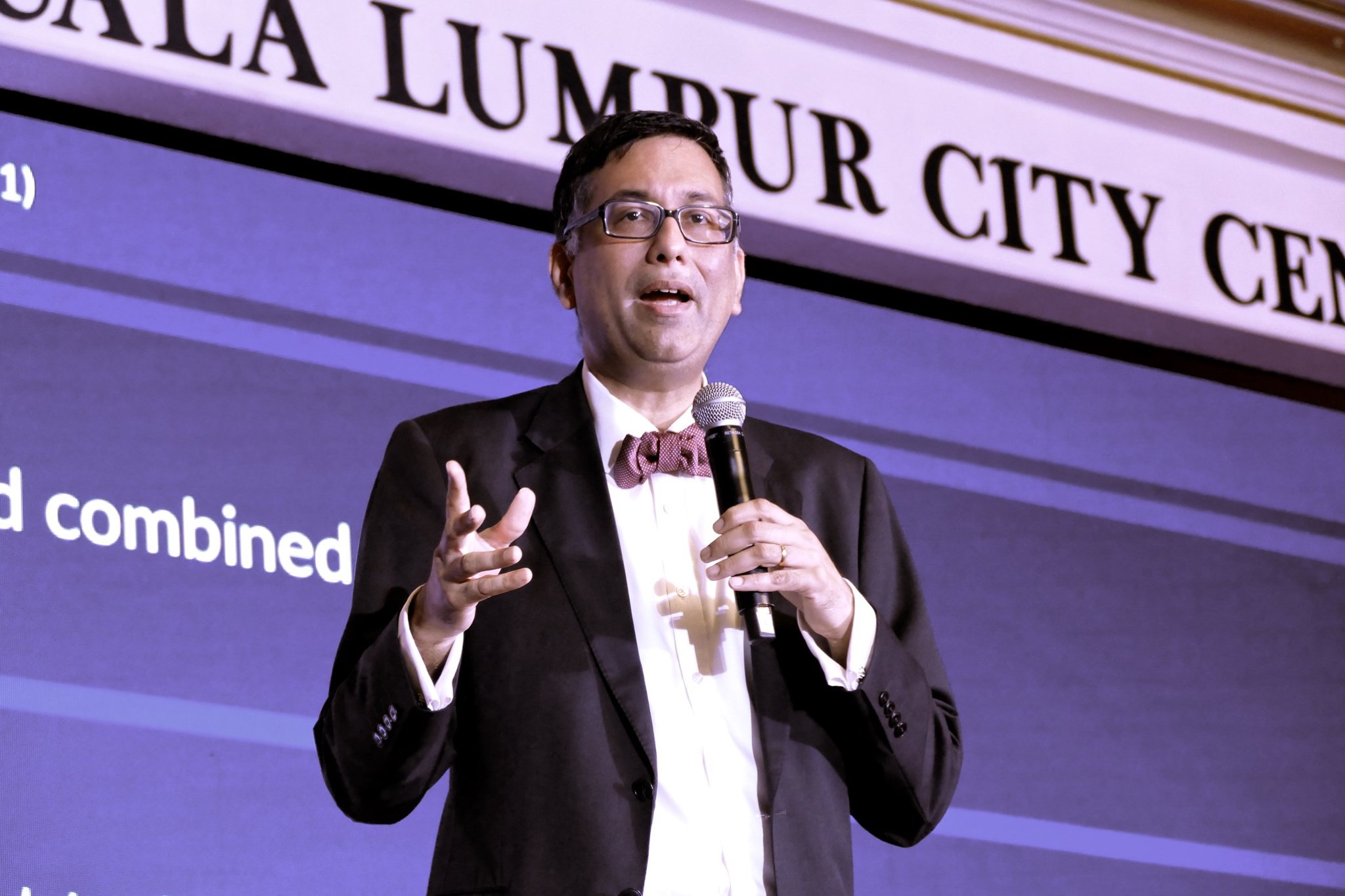KUALA LUMPUR, August 26 — A private hospitals’ group today urged the government to start planning Covid-19 booster vaccination programmes for health care workers amid concerns of waning vaccine efficacy.
The Association of Private Hospitals of Malaysia (APHM) said this could be done as soon as Malaysia reaches a “reasonable” percentage of fully vaccinated citizens.
As of yesterday, 59.1 per cent of the country’s adult population and 42.4 per cent of the total population have received two Covid-19 vaccine doses.
The first batch of fully vaccinated health care workers, said APHM, would have reached in September six months after their second jab. Health workers were the first to be vaccinated — most with Pfizer-BioNTech at a three-week interval between doses — when the National Covid-19 Immunisation Programme (PICK) started in late February.
“We are worried with the fast pace of new variants within the region and elsewhere in the world, our health care workers may be susceptible to be infected with Covid-19 and suffer serious complications in the event the initial doses do not protect anymore,” APHM president Dr Kuljit Singh said in a statement.
“We are happy to find a suitable methodology of carrying out booster Covid-19 vaccination for health care workers within the private hospitals for our staff and doctors including general practitioners.
“The government should now initiate discussions with the private health care stakeholders to work out mechanisms in getting the booster dosages rolled out once formal approvals are attained from the regulatory authorities.”
A new study released Tuesday by the United States’ Centers for Disease Control and Prevention (CDC) on more than 4,000 US frontline workers found that the effectiveness of Covid-19 vaccines at preventing infection (both symptomatic and asymptomatic) fell from about 90 per cent to 66 per cent as Delta became the dominant strain in the country.
The majority of participants in the study received mRNA vaccines — Pfizer-BioNTech and Moderna.
The US CDC, however, urged caution in interpreting the trend as vaccine efficacy could be declining over time.
“Although these interim findings suggest a moderate reduction in the effectiveness of Covid-19 vaccines in preventing infection, the sustained two thirds reduction in infection risk underscores the continued importance and benefits of Covid-19 vaccination.”
A new United Kingdom real-world study, the Zoe Covid study on more than a million double vaccinated people, similarly found that protection by the Pfizer and AstraZeneca coronavirus vaccines against infection appeared to wane within six months.
Pfizer’s vaccine efficacy against infection after two doses declined from 88 per cent at one month to 74 per cent at five to six months, BBC reported, compared to AstraZeneca that decreased from 77 per cent to 67 per cent at four to five months.
Lead investigator Prof Tim Spector reportedly said the study’s findings could explain breakthrough infections among some fully vaccinated people.
“Waning protection is to be expected and is not a reason to not get vaccinated,” he was quoted saying.
“Vaccines still provide high levels of protection for the majority of the population, especially against the Delta variant, so we still need as many people as possible to get fully vaccinated.”
The US is planning to roll out booster shots of Pfizer and Moderna vaccines for all adults starting next month, while the UK is awaiting recommendations from JCVI, an independent advisory body, before rolling out a third dose for certain people next month.
Dr Kuljit called for local studies on the efficacy of booster vaccines and heterologous boosters, or the use of a different vaccine brand for the third dose from the first two jabs.
“Once the health care workers are sufficiently protected after the proposed booster dose of vaccine, it will be time for the early batches of fully vaccinated public, particularly the vulnerable to receive their additional doses. However this will be based on the acceptability of published evidence on booster doses as many countries have already commenced this exercise.”
Health director-general Dr Noor Hisham Abdullah said vaccine coverage in Malaysia must first be increased before considering booster shots.
The national average of 59 per cent adults double-jabbed is pulled up by high vaccine coverage in Labuan, the Klang Valley, and Sarawak with more than 85 per cent vaccination. Pahang, Terengganu, Perak, Johor, Kelantan, Kedah, and Sabah have yet to fully inoculated half of their adult populations.








